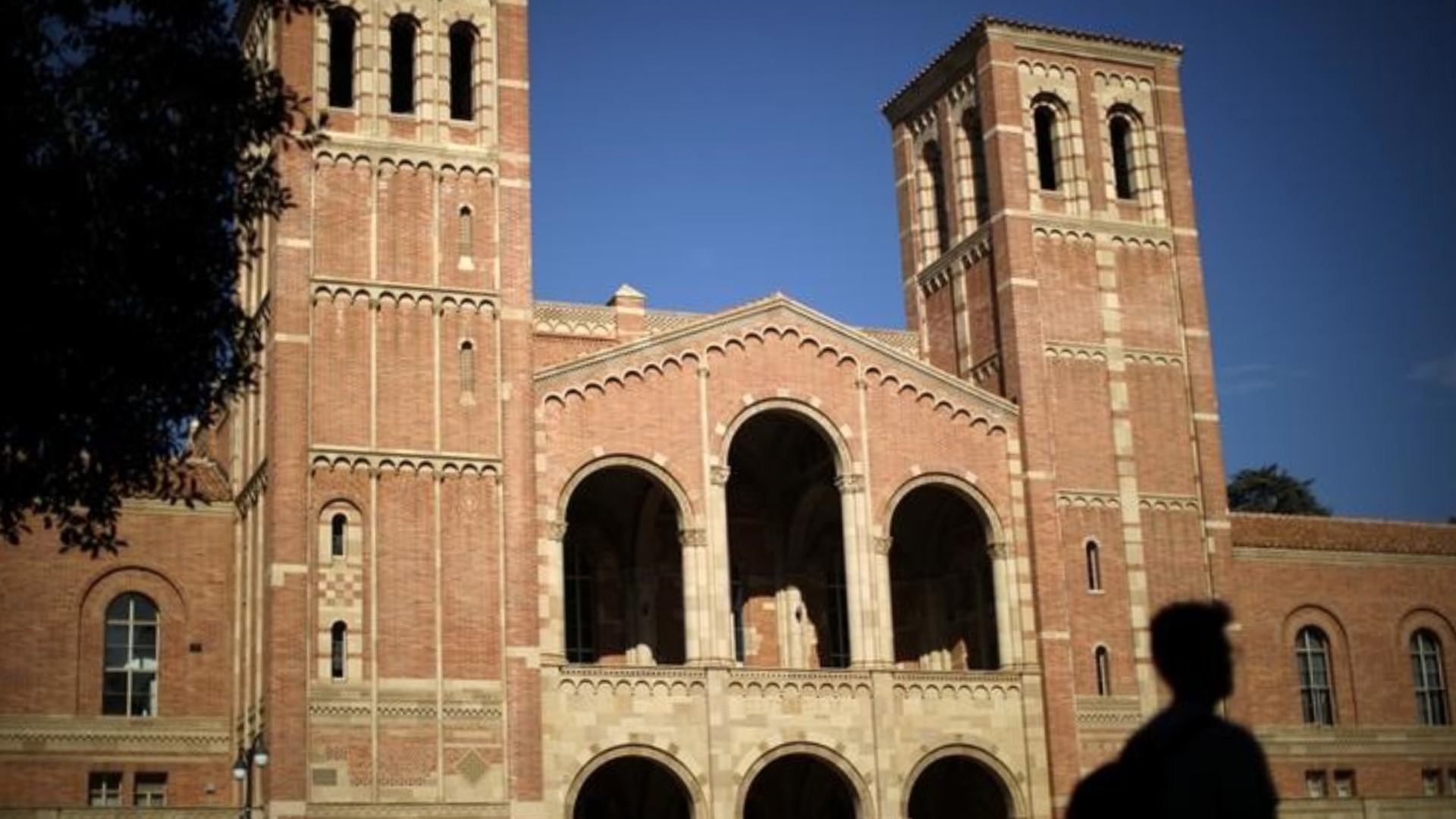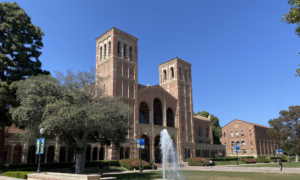California is home to the nation’s largest higher education system, with its colleges and universities making up 13 percent of all full-time enrollment in the U.S., according to a new report.
The Public Policy Institute of California this month published a comprehensive report on the state’s public higher education system.
The report estimates that about 80 percent of the state’s college students—about 2.1 million—are enrolled in its three public higher education systems: California State University (CSU), University of California (UC), and California Community Colleges.
However, the report said because it used data from 2021—the most recent available—numbers might have changed.
In the 2023–24 fiscal year, California spent about seven percent of its budget—or $21.8 billion—to support its higher education institutions and financial aid system.
The state’s community college system is the largest public higher education system in the country with a total enrollment of nearly 1.3 million students in fall 2021. During the 2021–22 school year, the system issued just over 111,000 certificates, nearly 200,000 associate degrees, and 341 bachelor’s degrees.
Average annual tuition for full-time, California resident students at a community college campus is $1,245—the lowest in the nation.
Meanwhile, the CSU system is the largest four-year system in the country with 23 campuses and nearly half a million students enrolled. It issued about 110,000 bachelor’s degrees and 20,000 graduate degrees in the 2021–22 school year.
The average annual tuition for state resident full-time students is $5,742, but that will increase by 6 percent annually for the next five years.
The UC system enrolls nearly 300,000 students across its 10 campuses and is the state’s primary academic research institution. In the 2021–22 school year, UC awarded about 63,000 bachelor’s and 22,000 graduate degrees.
The average annual tuition for resident full-time students is $13,572, but tuition will also see increases due to inflation for the next few years.














